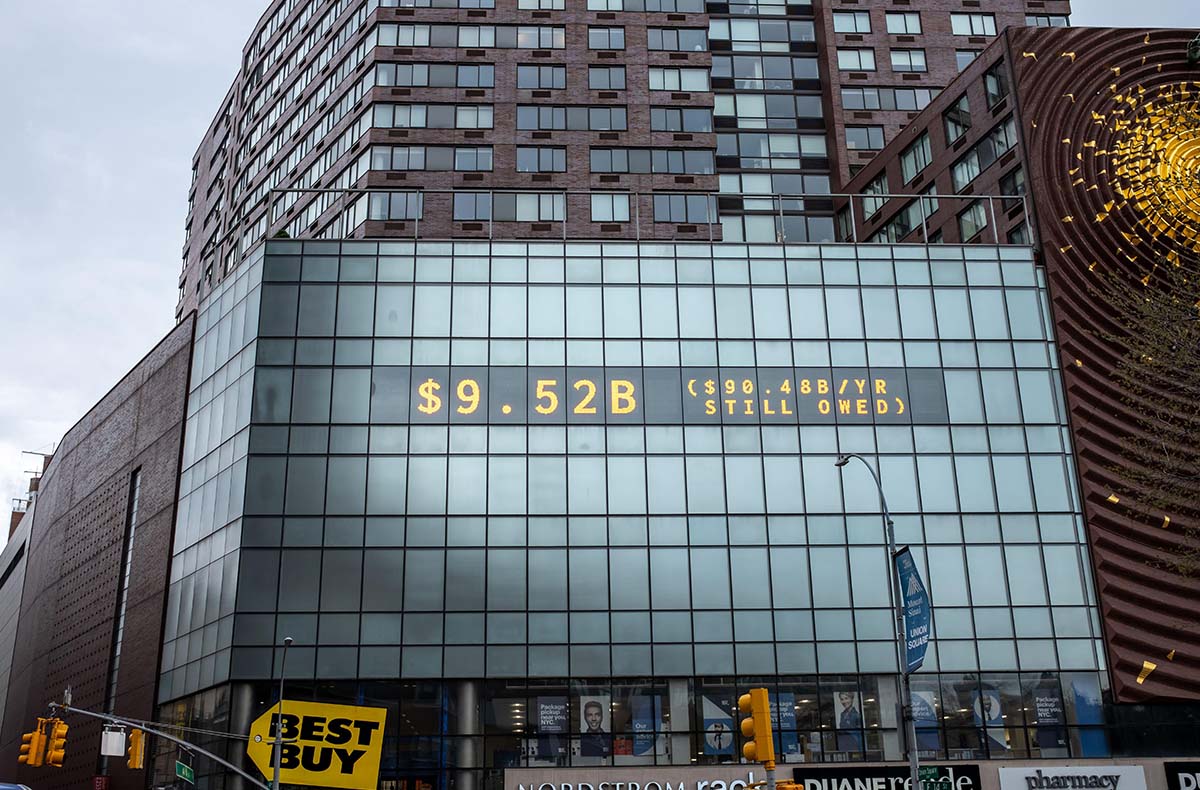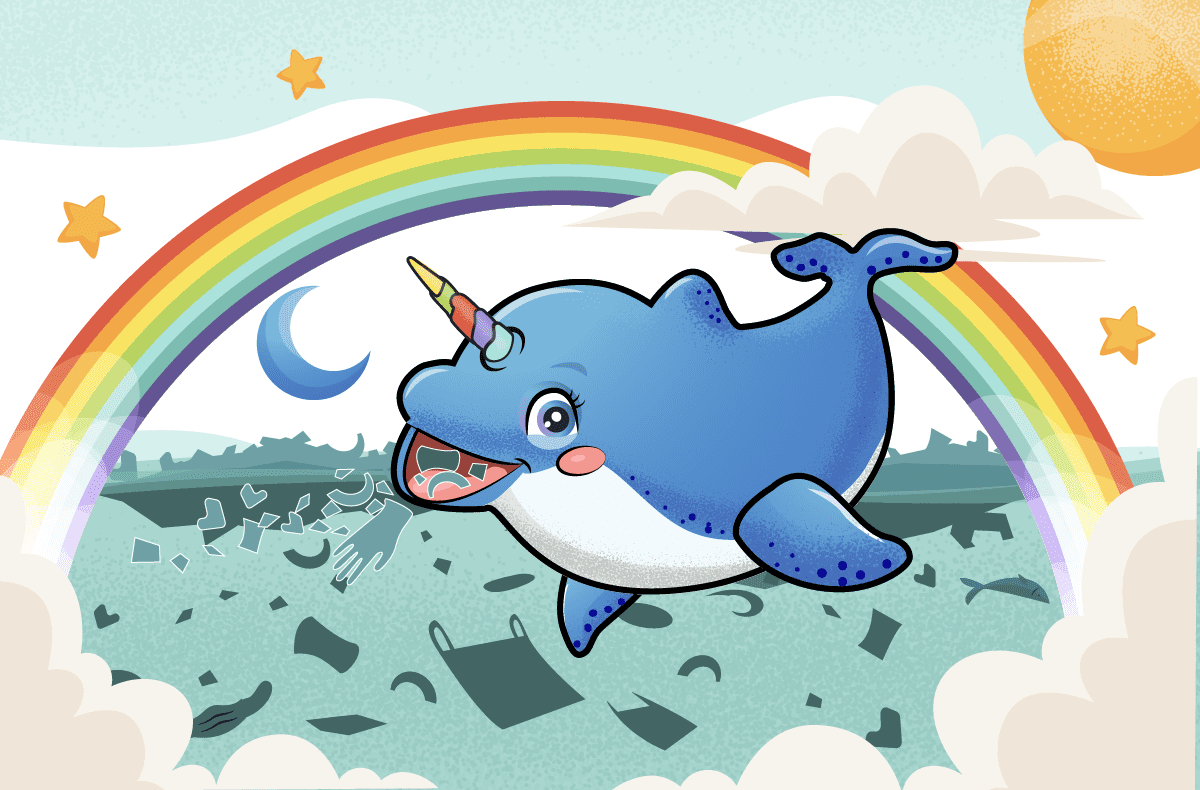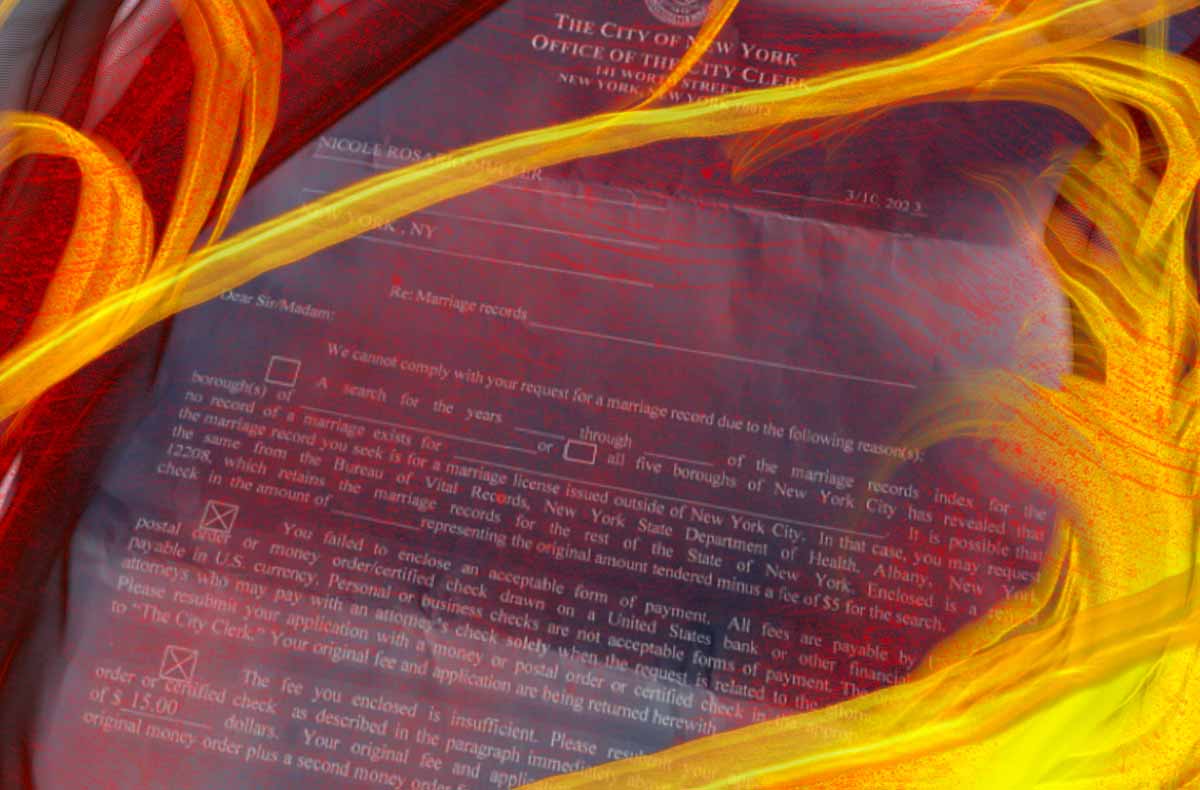
In her excellent recent article, New Thinking recurring contributor Jemima Atar brought attention to May being Mental Health Awareness month, meaning it’s a great time to check in on your personal mental hygiene. This is especially important in our modern world, which is filled with an unreal amount of stressors. Every day seems to bring another thing to worry about—urban crime rates, the rise of autocratic leaders, global inflation, Russia’s invasion of Ukraine, nuclear testing in North Korea, the ever-fucked-up supply chain, more coronavirus variants, the overturning of Roe v. Wade—it’s hard to find essentially anything in the daily news that doesn’t trigger a panic attack immediately.
Another massive source of anxiety is climate change—especially amongst the younger generations, because they’ll be the ones who have to deal with the fallout. A recent study of young people between 16-25 years old from ten countries across the world showed “59% were very or extremely worried and 84% were at least moderately worried,” while over 50% reported feeling “sad, anxious, angry, powerless, helpless, and guilty.”
Personally, I’m so busy being anxious about absolutely everything that it’s hard to find the time to focus on worrying about our planet’s inevitable heat death. Of course I’d love to leisurely stare at the wall in existential despair while considering how we likely only have five years before the average global temperature reaches the 1.5 °C. But that would mean pivoting from my circular thoughts over my co-worker’s ambiguously distant text, wondering if she’s mad at me, or what “needing to talk about something” meant in my mom’s voicemail—because according to my anxiety, it means she’s definitely about to tell me about a fatal disease diagnosis, and naturally, it couldn’t possibly be that she’s calling me to ask about which shades I ordered from Home Depot and if I might help her install them.
It doesn’t help matters that my partner shares my penchant for catastrophizing—I’d even wager he’s worse than me. Together, we’re a dream team of jumping to worst-case scenarios.
For example, just recently his mother was visiting town, and since we were both working, we thought it would be nice to get her a ticket to see the Friends Experience, which is centrally located in Midtown. She’s never been to NYC before, but it’s an easy trip off the 1 train and in the middle of the day on a Friday, it seemed like probably the safest time to do a solo excursion, and would give her something to do other than be bored and watching streaming TV. We prepared her well, going over the route on Google maps a few times, and let her know to call us if anything was confusing. Then we went on our merry workdays as she headed off for her 12:30PM reservation.
Around 1:45, I shot her a text to see how she’d enjoyed herself. She didn’t reply, but she was likely busy living it up at Central Perk, right? Then I heard my partner groan from his home office: what’s up? I asked. He’d called and her phone was off.
Ping! Like twin tuning forks, the frequency of my partner’s budding anxiety vibrated straight through me, resonating and amplifying into a whirlwind of worry. Why would her phone be off? Maybe she’d turned it off to enjoy the Experience? Never. She’d be taking ALL the pictures. Maybe her battery died? But surely she’d charged it up ahead of time… and she needed it to access her e-ticket, and for her maps… and… and what if something happened?! What if someone mugged her? Or if she got hurt? How would we FIND HER!
And we were off to the races. My mind is a motherfucking Kentucky Derby top seed thoroughbred chomping at the bit, racing down the track towards information—I need information. Any information. We Google the average length of time spent at the Friends Experience: 60 minutes. She’d be done by 1:30. Some blogger says “maybe 90 minutes.” Okay… but she should be back, like… now. Or at least soon. My partner says we’ll give it until 4PM and then he’ll call off work.
Of course the stupid Friends Experience has no listed phone number to call (hear that, Friends Experience!? Strong thumbs down!) so I can’t find out if she’d checked in without physically going there, so by 3PM, I decide I can’t put it off anymore and I’m out the door—though not before having to ping my iPhone about twelve times because I keep running distractedly into different rooms trying to find where I left my mind. Meanwhile, my partner is ready to call every hospital and is so anxious his hands are tingling—and my manic marathon of phone pinging is seriously not helping.
Naturally, about fifteen minutes later, when I’m already on the subway heading downtown, preparing to rewalk her route, I get a call from my partner, saying she’s safe home. Apparently her phone randomly stopped working and wouldn’t let her receive or send calls or texts. She was able to find her way, get through the Experience and find her way back home on the subway just fine. And I get a headrush of relief so strong I’m actually dizzy.
Now that is how you anxiety like a pro. Step aside, amateurs.
This got me thinking: perhaps all this anxiety is an untapped resource. If it were possible to have tapped the nervous energy my partner and I created in those few hours, I swear we could have powered all of Manhattan. And every neurotic human on this Earth possesses these incredible little generators right within our noggins.
Friends, we should be putting our anxiety to work. 59% of young, healthy people are extremely or very worried about climate change? That is a ton of green energy, and it’s got none of the limitations of other renewables. Unlike solar, which depends on the season and weather, we can worry all times of year in any location. Seasonal Affective Disorder will likely bring a boost in productivity around the winter months, but just put out an announcement about skin cancer, California’s never-ending fire season, or the fact that we’re having record-breaking temperatures everywhere and you’ll see plenty of anxious energy roll in come July.
And unlike wind farms, whose turbines muck up the visuals of our rolling plains and have been reported to cause noise pollution, anxiety is completely silent. Believe it or not, we can’t hear your heart pounding in your ears: the whir of your thoughts, unlike the “whoosh” of turbines, is soundless; your blood pressure blasting into hypertension leaves the night still and undisturbed as the vibe in Goodnight Moon.
If you do find your rechargeable house battery is running low—having been fueled, of course, by the collective anxiety of your family or roommates—just turn on the news, or open a bill. Or better yet, just keep a livestream to the Climate Clock. Each tick tick tick will get your anxiety to go up, up, up, and it’ll keep the lights on—and you sleepless—for days!
Of course, there is no way to tap into our anxiety in this kind of productive way as far as I can tell—though I guess it has empowered me to catch up on emails and play Wordle at 3AM when anxious-brain insomnia attacks? The only thing anxiety does do is accelerate us all towards an early stress-induced death by heart failure. But hey: at least that wouldn’t be from our planet’s inevitable heat death? You gotta take the wins where you can get ‘em.



